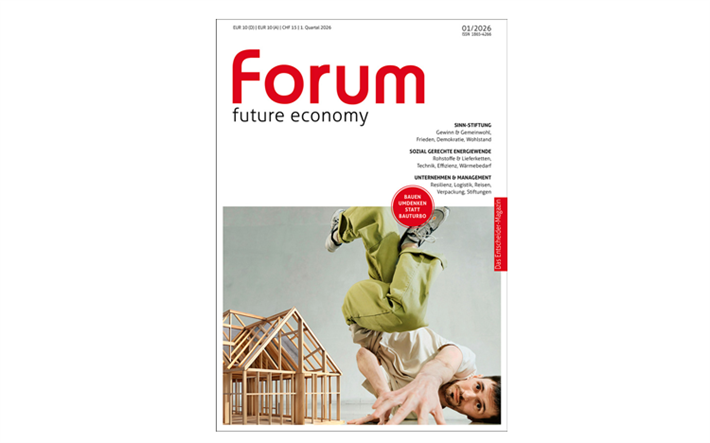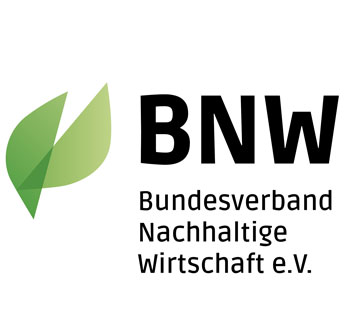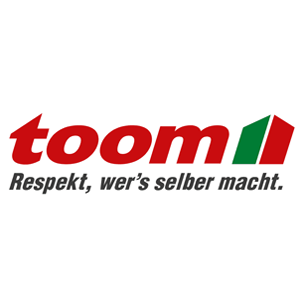Technik | Energie, 28.05.2025
Summer Heats up Energy Efficiency Needs
Experts Reveal how (and why) to Optimize AC Units
Air conditioning already consumes 7% of the world’s electricity – experts warn demand could triple by 2050, making smarter cooling a global priority.
 As summer arrives, the "H” (heating) in HVAC gives way to the "AC” (air conditioning.) The world already uses over 2 billion air conditioning units, and the International Energy Agency (IEA) projects that number will climb past 5.5 billion by 2050. The surge is driven by hotter summers, urban growth, and rising incomes, particularly across Asia, the Middle East, and Southern Europe.
As summer arrives, the "H” (heating) in HVAC gives way to the "AC” (air conditioning.) The world already uses over 2 billion air conditioning units, and the International Energy Agency (IEA) projects that number will climb past 5.5 billion by 2050. The surge is driven by hotter summers, urban growth, and rising incomes, particularly across Asia, the Middle East, and Southern Europe. Today, electric fans and air conditioners account for 7% of electricity consumption globally, which is around 20% of the electricity used in buildings – a figure that’s rising fast and fueling a major share of global emissions. According to energy optimization experts at Exergio, a company developing AI-based tools for optimizing energy use in buildings, the solution isn’t to limit cooling access – it’s to use smarter systems that reduce energy waste.
In Germany, for example, AC use rose from 13% of households in 2023 to 19% in 2024, according to Verivox. Another 19% plan to buy one, with 53% citing climate change as the main reason. However, data from other countries points to a global issue.
In warmer regions, such as India, demand for cooling is expected to account for over 45% of peak electricity load by 2050, according to the Energy and Climate Change Journal. In Indonesia, cooling energy demand is projected to grow 5-fold.
Similar trends are also observed across the Middle East and North Africa, where countries like Egypt and Jordan are already seeing buildings drive more than one-fifth of national emissions, much of it tied to inefficient cooling.
In rapidly growing cities, AC is shifting from luxury to necessity, but outdated units and unmanaged systems are driving up costs, straining grids, and worsening emissions, previously mentioned studies show.
"The core problem is the same almost everywhere,” says Donatas Karciauskas, CEO of Exergio. "Most AC units still operate in isolation – not as part of a building’s energy ecosystem. They cool empty rooms, ignore outside conditions, and run full blast without adapting to real needs. That’s not just inefficient – it’s the fastest way to waste energy and money.”
Residential cooling alone is expected to require an additional 700 TWh of electricity by 2035 – more than triple the projected demand increase from global data centers.
"The bigger threat isn’t what cooling systems consume today – it’s how much more they’ll consume as the world gets hotter and cities expand,” Karciauskas adds. "If we keep installing ACs without integrating smarter control systems, we’re not just adding comfort – we’re locking in decades of inefficiency, rising electricity demand, and avoidable emissions.”
Today, a growing number of smart energy management systems use AI to monitor real-time building behavior, predict cooling needs, and dynamically adjust ventilation, airflow, and energy loads. These tools help reduce electricity use, prevent energy waste, and improve indoor comfort.
One such solution is developed by Exergio – it applies machine learning and sensor data to optimize HVAC performance in commercial buildings. The Ozas shopping center use-case in Lithuania illustrates the potential of smart optimization.
By integrating real-time HVAC control, CO2 sensors, and predictive analytics, the building cut electricity use by 29% and heating by 36%, resulting in nearly €1 million in savings. Though set in a colder climate, the principles translate directly to summer-focused regions: optimize what you cool, not just how much you cool it.
"We’re past the point where cooling can be treated as a seasonal add-on. It’s becoming one of the defining energy challenges of the next two decades. The buildings that adapt intelligently – with systems that learn, predict, and respond – will not only save energy, they’ll lead the shift toward climate-resilient cities,” concluded Karciauskas.
Kontakt: Sensus PR, Aivaras Vilutis | aivaras.v@sensuspr.com | www.sensuspr.com

forum future economy
forum Nachhaltig Wirtschaften heißt jetzt forum future economy.
- Mit diesem Schritt markiert der Verlag bewusst eine Zeitenwende – hin zu einer Wirtschaft, die Zukunft schafft, statt nur Probleme zu verwalten.
Kaufen...
Abonnieren...
08
DEZ
2025
DEZ
2025
09
DEZ
2025
DEZ
2025
Club of Rome Salon: Building the City of the Future (in English)
Cities, World Expos, and Stakeholders Driving Sustainability
10178 Berlin
Cities, World Expos, and Stakeholders Driving Sustainability
10178 Berlin
Anzeige

Professionelle Klimabilanz, einfach selbst gemacht

Einfache Klimabilanzierung und glaubhafte Nachhaltigkeitskommunikation gemäß GHG-Protocol
Pioniere & Visionen
 Großzügigkeit und Wohlwollen
Großzügigkeit und WohlwollenChristoph Quarch wünscht sich einen Relaunch des Nikolaus-Festes
Jetzt auf forum:
Ökologische Stromproduktion aus Fließgewässern
Ab 14.12.2025 gilt der neue Fahrplan der Deutschen Bahn für 2026
Schulen stärken Bildung für nachhaltige Entwicklung
Seit 15 Jahren: faire und umweltbewusste Beschaffung mit dem Kompass Nachhaltigkeit















